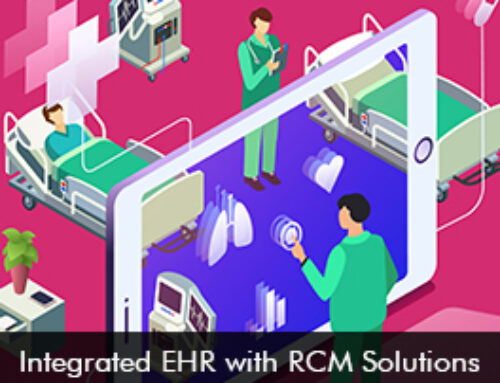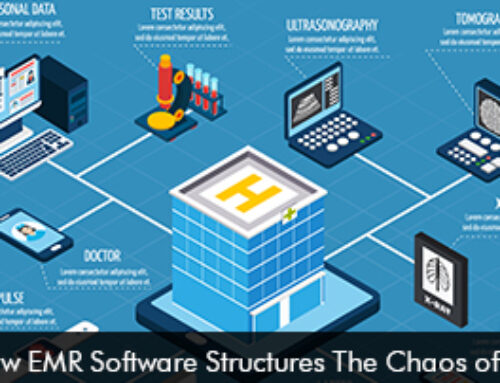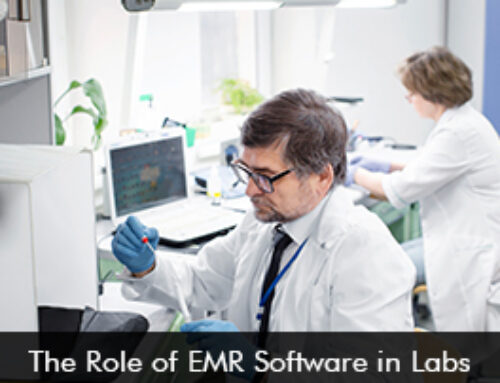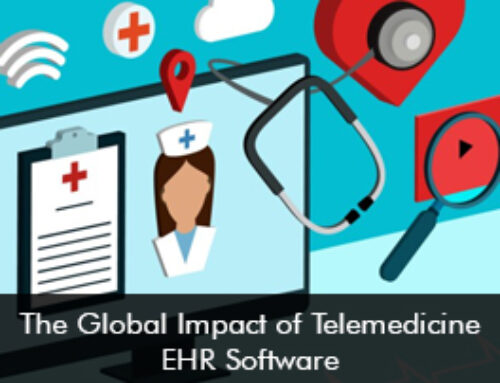Electronic Medical Records (EMR) Software Systems have been widely implemented throughout hospitals in the United States. 96 percent of hospitals have deployed EHR Software to help streamline workflows and improve patient care. However, there is still a lack of electronic medical records training in the early years of medical school education. The robust EMR system technology has become an integral part of modern healthcare and therefore medical students must get appropriate training about it.
Case Western Medical School uses Lyceum – An Epic EMR Software Training Module
Case Western Reserve University School is the first medical school to use Lyceum, a training platform released by Epic EMR Software vendor designed for the first year of medical students. This will provide opportunities for both medical and nursing students to get hands-on and learn about Electronic Health Records (EHR) Software technology.
What will the Lyceum Epic EHR Software Training Platform Offer?
The main goal of the training platform by Epic Software is to ensure that medical students in their first year gain some practical experience in using the software solution. The Lyceum training platform provides students and faculty members complete access to the Epic EMR training environment. The training ecosystem includes a variety of test patients with different case histories, and online training modules are e-learning sessions that can be utilized by students to improve their knowledge of EHR Software.
The early stages of learning from the Epic EMR training module will teach students to:
- Retrieve patient information.
- Record patient data
- Update and correct data
- Extract EMR data for clinical research
- Add value to reap clinical benefits
The Importance of EHR Training Programs for Medical Students
Medical students must participate in EMR Software training programs for future medical practitioners to be prepared for the rapidly changing field of modern medicine. These courses give students the fundamental knowledge and abilities needed to safely and effectively handle medical data, improving patient safety and lowering the possibility of mistakes.
Additionally, EHR training platforms initiated in medical schools help students develop their multidisciplinary communication skills, which improves patient-centered care and the cohesion of healthcare teams.
EMR training guarantees that medical students are flexible and ready to fully utilize electronic health records software as the healthcare sector continues to embrace technology. This will ultimately improve patient care and enable a smooth transition for students into the practical world of medicine and healthcare.
Final Takeaway
Students must come to their clinical rotations with some introduction and interaction with the EMR Software system. The American Association of Medical Colleges has recommended implementing practical training modules and learning sessions in pre-clinical years for years now.
It is a good initiative by Case Western Reserve University to Collaborate with Epic software vendor on the new Lyceum platform to train and educate medical students on electronic health records software technology. Future healthcare providers need to be comfortable and efficient in using Health IT solutions to make a positive impact on patient’s lives and even theirs by optimizing workflows.







